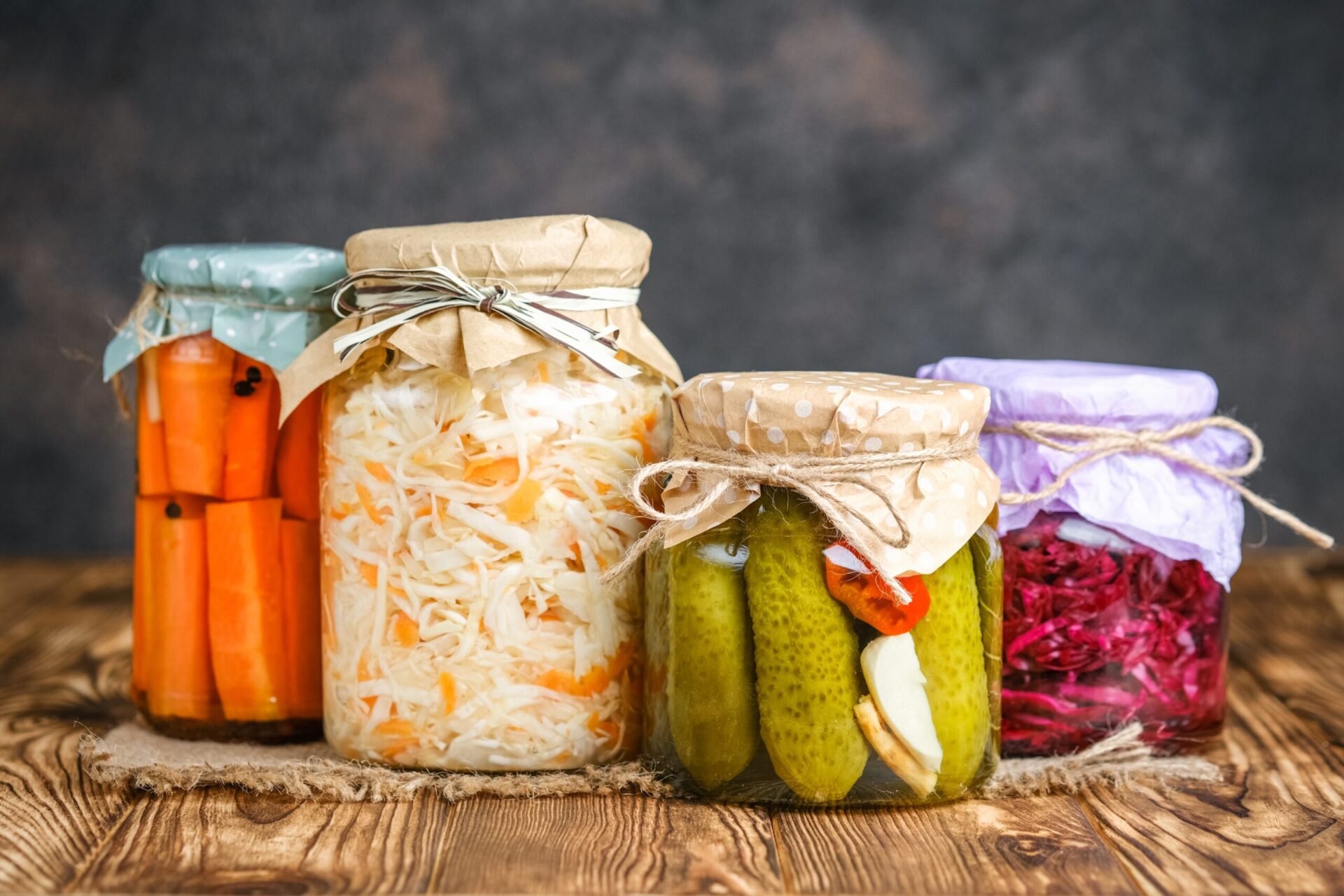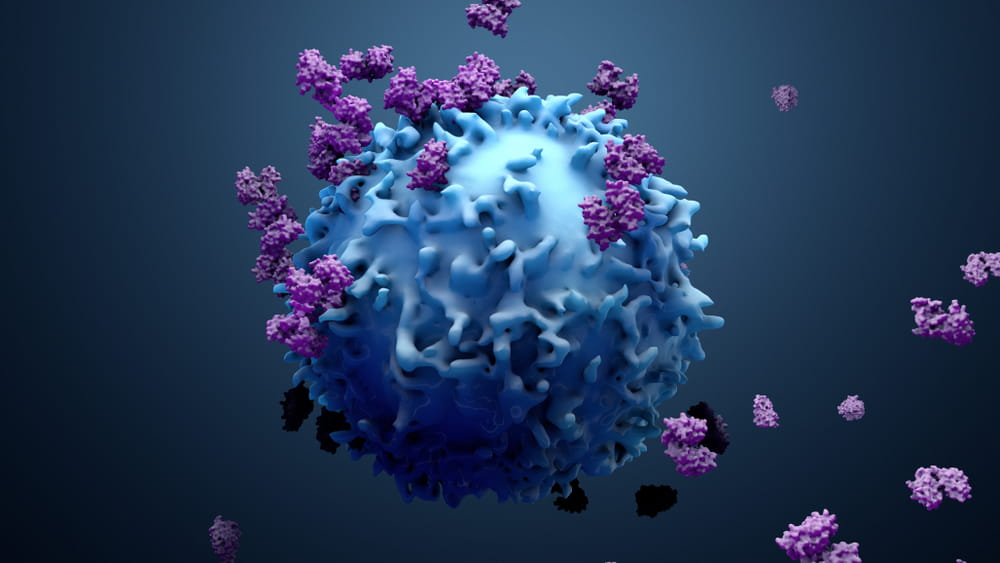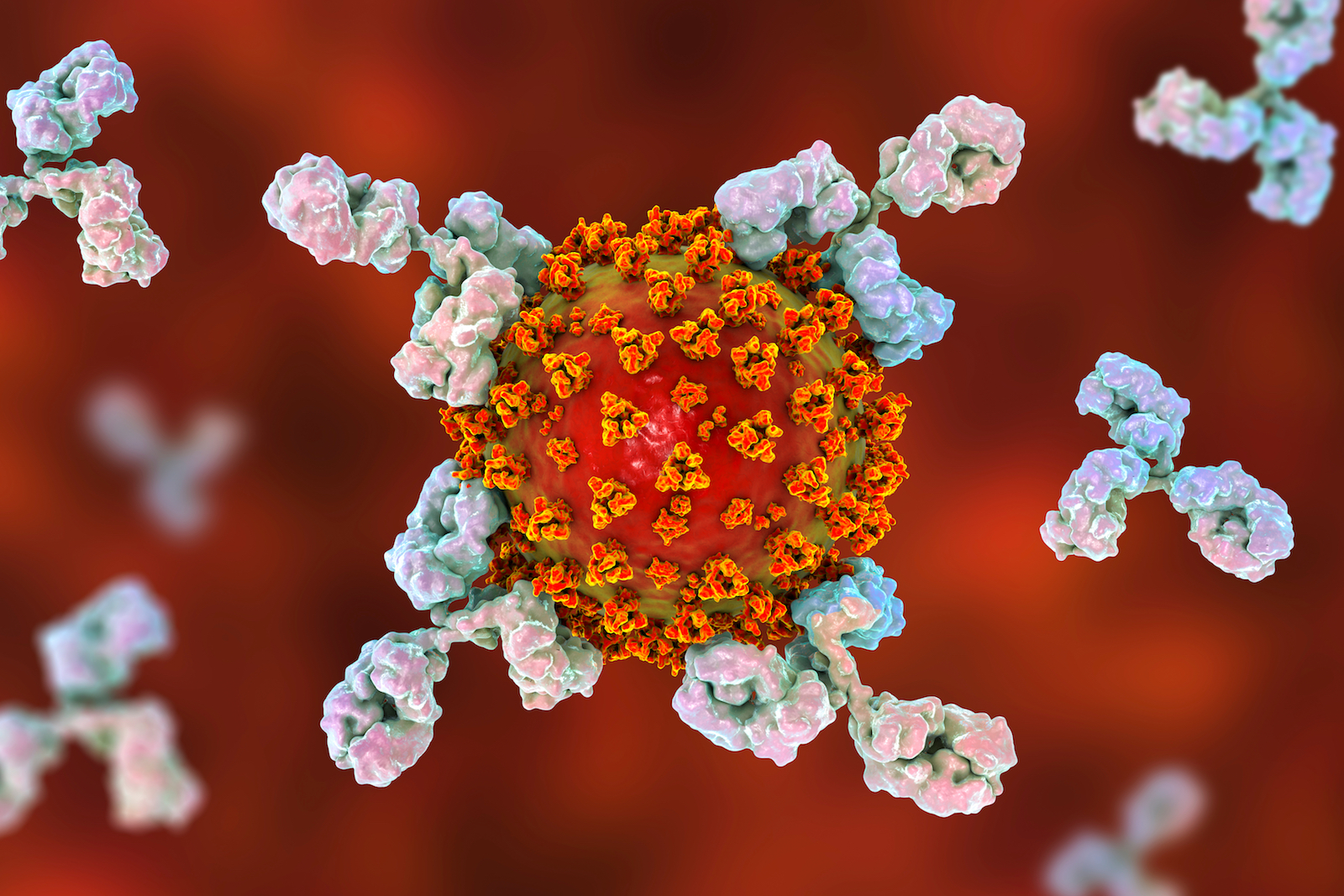Aging is a physiological process whereby the various functions of a certain organism tend to progressively deteriorate over time. Although you cannot stop the hands of the clock, there are several steps you can take to ensure that you age as healthily as possible. Let’s see which ones


























